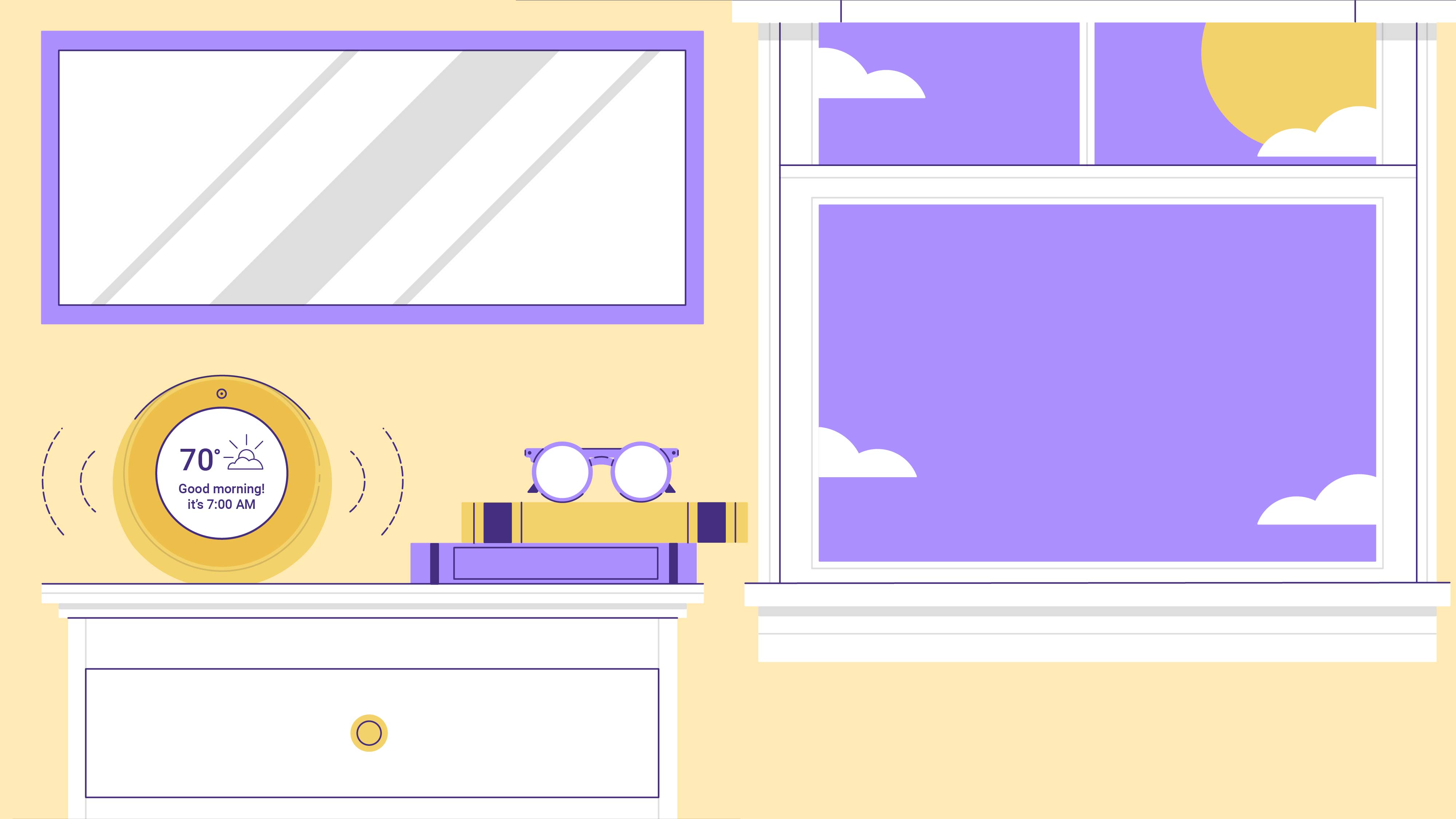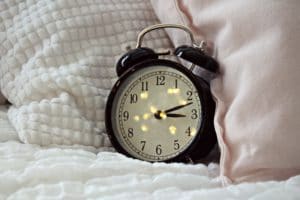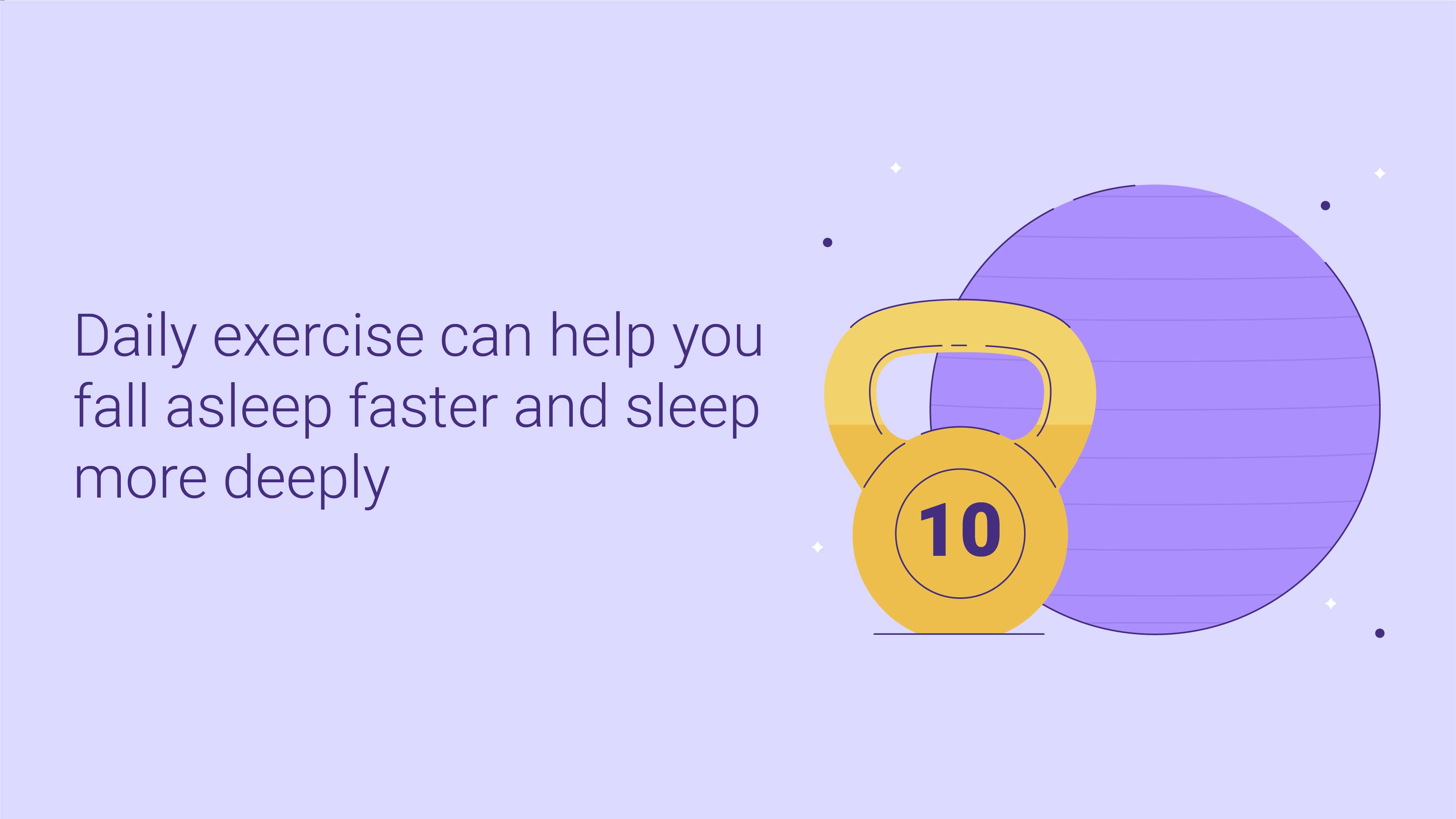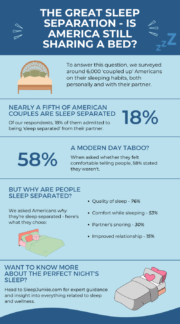
How Much Sleep Do You Really Need Each Night?
Shawna Robins: Bestselling Author, Wellness Expert, and Founder of Kaia Health and Wellness
Shawna Robins is a #1 Amazon best selling author, graduate of the Institute of Integrative Nutrition (IIN), a national board-certified health and wellness coach, and CEO of Kaia Health and Wellness.
- While some individuals can function well with less sleep, consistently getting less than seven hours can lead to chronic sleep deprivation.
- Sleep deprivation can have serious consequences for physical health, including an increased risk of high blood pressure, heart disease, diabetes, obesity, and depression, along with impacts on cognitive functions.
- It’s not just about the quantity of sleep but also the quality of sleep, with good sleep hygiene promoting better rest.
Everyone has had that moment when they worry about not getting enough sleep. You crawl into bed, glance at the clock, and panic because it’s less than eight hours until you need to be up.
For some people, getting anything less than eight hours of sleep equates to sleep deprivation. Yet, there are plenty of people who can get by on much less sleep. Some people can wake up the next day feeling well-rested after only five hours of sleep. If sleep patterns vary so much by individual needs, then how much sleep do you really need?
How Much Sleep is Recommended?

A healthy adult needs seven to nine hours of sleep every night, and following a consistent sleep schedule will help you function at your best. It is possible to get by on less sleep, but you won’t be functioning optimally.
Seven or eight hours of sleep might sound indulgent to people who scrape by on much less each night. Many living hectic lives may be getting by on six hours a night or less. Over time, this sleep schedule turns into chronic sleep deprivation; and though you may think you can thrive on less than seven hours of sleep, the lack of rest can take a toll on your mind and body without you even realizing.
Unfortunately, you cannot go weeks, months, or years on very little sleep and then spend a few days in bed to recover. There is no way to “catch up on sleep” when you’re chronically sleep deprived.
Sleep Needs by Age
As you age, the amount of sleep you need fluctuates. Children need more sleep than adults. Infants can sleep up to 19 hours a day, while a toddler needs about 12 hours to get a good night’s rest. School children and teenagers need at least nine hours to optimize their health and well-being. Older people tend to have poorer sleep quality as they age. Adults over 60 may find they get better sleep by adding an afternoon nap to their routine.
Below, we break down the recommended sleep needs by age.
| Age | Recommended Sleep Durations |
|---|---|
| Newborns (0-3 months) | 14-17 hours |
| Infants (4-11 months) | 12-15 hours |
| Toddlers (1-2 years) | 11-14 hours |
| Preschoolers (3-5 years) | 10-13 hours |
| School age children (6-13 years) | 9-11 hours |
| Teenagers (14-17 years) | 8-10 hours |
| Young adults (18-25 years) | 7-9 hours |
| Adults (26-64 years) | 7-9 hours |
| Older adults (65+) | 7-8 hours |
What Happens When You Don’t Get Enough Sleep?
Did you know that we spend about one-third of our lives sleeping? In our busy culture, sleep is often viewed as a luxury. Yet, healthy sleep is as essential to human life as nutrition and hydration.
Sleep and Physical Health
Sleeping too few hours each night can cause serious health problems because your body doesn’t have time to repair itself. When we sleep, the tissue in our bodies is able to repair and rebuild so we can maintain our physical health. This includes the tissue in the brain, heart, and lungs. Chronic sleep deprivation leads to high blood pressure, heart disease, diabetes, and depression.
Shawna Robins, Health and Wellness Coach and best-selling Amazon author of Powerful Sleep comments, “Teenagers, young kids, babies, and sick people need more sleep than healthy people because extra sleep allows for optimal growth and regeneration of all the body’s main organs and systems. Sleep is a very active time for your body to repair itself.”
Lack of sleep can also lead to weight gain and obesity. When you don’t get enough deep sleep, you may notice you are hungrier than usual.
Your hunger is because your body is craving sugar to fuel it through the extra hours of wakefulness. Sleep deprivation also disrupts the normal balance of hunger controlling hormones. Additionally, the more hours you’re awake, the more calories you can consume.
Sleep and Memory
Insufficient sleep can lead to problems with learning and memory.
When you’re sleeping, your brain processes and stores new information. If you’re sleep deprived, this won’t happen. So staying up all night to study might do more harm than good when you can’t make sense of the test questions in the morning.
Lack of sleep also impacts the way your memory functions. Visual, motor, and procedural memory are each processed during a different stage of REM sleep. If you don’t sleep deeply and get the right amount of sleep, you won’t cycle through enough stages of REM sleep. Without these stages, your brain won’t spend time cataloging those memories.
In fact, people who get six hours of sleep or less each night are more at risk for developing dementia and Alzheimer’s disease.
People who are diagnosed with Alzheimer’s disease have amyloid plaques in their brains. Sleep plays a critical role in cleaning the brain each night. While we are sleeping, our bodies remove amyloid plaques from the brain. Just one night of sleep deprivation can increase the amount of amyloid in the brain. Over time, this can lead to Alzheimer’s disease.
Sleep and Mental Health
Sleep deprivation negatively impacts mood. This is especially true for people with pre-existing mental health concerns. When a person who is already depressed is also too busy to get enough shut-eye, depression can worsen. If you have a history of mental illness, your sleep duration is as important to your mental health as all other self-care.
Robins states, “Keeping a sleep journal can be an important tool to share with a mental health care professional to show if there are changes to sleep patterns, duration, quality, etc. This information is helpful for both the patient and the doctor to understand patterns and triggers with sleep and mental illness episodes.”
Sleep and Accidents
If you’ve ever stayed up all night, you know you aren’t your best self the next day. Without sleep, you think more slowly and have a delayed reaction time. This can be dangerous for people who drive, operate machinery, or work in health professions. Serious accidents are more likely to take place when a person is sleep-deprived. In fact, drowsy driving collisions account for nearly 6,000 fatal accidents every year.
Signs You May Not Be Getting Enough Sleep
Are you worried that your lack of sleep is impacting your safety, mental health, or memory? To know whether you’re sleeping a healthy amount, you need to consider both the number of hours you spend in bed and the quality of sleep you get while you’re there. If you’re having a hard time getting out of bed in the morning, you probably hit the snooze button over and over. Then, you get out of bed feeling sluggish, knowing you’re not getting enough sleep each night.
Living life while sleep deprived simply doesn’t feel good. If you want to feel better and function more efficiently, you need to pay attention to your sleep needs.
Signs You’re Not Sleeping Enough
If you’re experiencing any of these symptoms on a regular basis, it’s time to make changes to improve your sleep hygiene.
- You can’t wake up without an alarm clock, even on weekends.
- You want to oversleep or sleep all day on weekends.
- You hit snooze every morning.
- You don’t want to get out of bed in the morning.
- You get sleepy during quiet activities like meetings.
- Daytime sleepiness intensifies after lunch.
- Your drive home from work has you nodding off.
- You have the urge to nap in the afternoon.
- You wish you could sleep better.
How to Get the Sleep You Need
Sure, it sounds obvious, but going to bed earlier is going to help you get more hours of quality sleep. For a busy person or a night owl, the task of going to sleep earlier might seem impossible. Yet, you will actually be more productive the next day. You’ll feel more focused and accomplish more than if you’d stayed up late the night before.
Sleep experts recommend setting and keeping a strict sleep schedule. Going to bed and waking at the same time each day can help your circadian rhythm work more efficiently and lead to better sleep.
Daily exercise can help you fall asleep faster and sleep more deeply. Try to exercise for at least 30 minutes a day. Keep your workouts to mornings or early afternoon. Working out too late in the day can make it harder to go to sleep.

“Limit eating and drinking to three hours before bedtime. Sleep is a very active time for your body to rest and repair itself and if it is digesting food, then it will not be able to do this important regenerative work,” says Robins. “Plus, you can 1) have a sugar crash that wakes you up mid REM cycle and 2) have to use the bathroom which wakes you up mid REM cycle.”
Create a relaxing routine before bed. For some people who aren’t getting enough sleep, making bedtime more enjoyable can help you work up the urge to go to bed. Enjoy a cup of herbal or decaf tea, take a hot bath, read a book, or listen to your favorite podcast.
But don’t make screen time part of your bedtime routine. The blue light from your phone, computer, tablet, or tv screen can disrupt your body’s circadian rhythms, making it hard to get the rest you need.
When It’s Time to Talk to Your Doctor About Your Sleep
If you’ve made changes to your sleep habits like going to bed earlier and are still having sleep problems, talk to your healthcare provider. Many medical conditions can lead to sleep problems. Robins notes, “Sleep apnea is a big health concern and needs to be identified by a doctor. If left unchecked, it can lead to many chronic illnesses, depression and mental health problems.”
Depression, anxiety, and sleep disorders are all common causes of impaired sleep. It may sound overwhelming initially, but there is a treatment for what’s keeping you from getting the sleep you need, and a healthcare professional can help.
When You’re Not Getting Enough Sleep
Most adults need 7-9 hours of sleep every night. People who get less than seven hours of sleep are at risk for sleep deprivation. When you don’t get enough sleep, you might notice changes in your mental health or memory. Following a consistent bedtime routine and making changes to your sleep hygiene can help you get the sleep you need.


